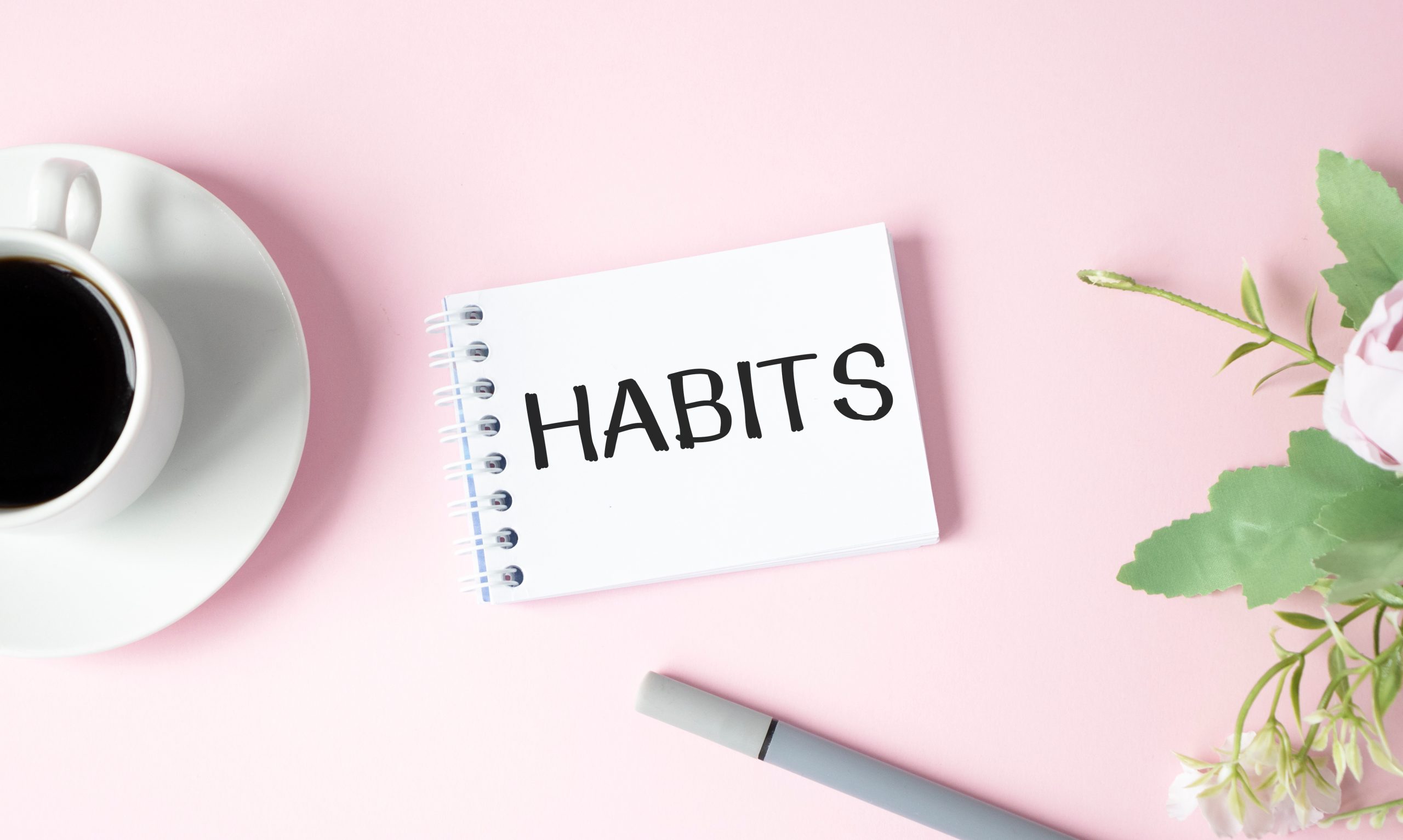Imagine feeling happier just by eating the right foods—sounds like magic, right? Well, the traditional Japanese diet, known as washoku, might just be the closest thing to it.
At a Glance
- Washoku is a UNESCO-recognized traditional Japanese diet.
- A recent study links washoku to a 17-20% lower risk of depression.
- Rich in omega-3s, antioxidants, and probiotics, it boosts mental health.
- Washoku could influence global dietary trends and public health policies.
The Roots of Washoku
The washoku diet isn’t just about eating; it’s a cultural experience rooted in Japan’s symbiotic relationship with nature. With its core of “one soup, three dishes,” washoku emphasizes natural flavors and seasonal ingredients. It often includes steamed rice, miso soup, and side dishes such as fish, tofu, and vegetables. This approach minimizes processed foods and maximizes nutrients, making it low in saturated fats and sugars while high in fiber and omega-3s. It’s as if Japan found the secret recipe for health centuries ago and decided to keep it deliciously simple.
While modern influences have introduced more processed foods into Japanese diets, washoku remains a staple, especially among those who value longevity and well-being. The diet’s focus on fresh fish, seaweed, and fermented foods like miso and soy can be a game-changer for your health, particularly your mood.
The Science Behind the Smile
Recent research has turned the spotlight on washoku’s potential to boost mental health. A study published in Psychiatry and Clinical Neurosciences followed 12,500 Japanese workers over three years. Those who ate washoku regularly were significantly less likely to experience depressive symptoms. The study measured how often participants consumed washoku staples and found impressive mood benefits. For a diet that prioritizes the natural over the artificial, it’s no surprise that it supports not just physical, but mental health too.
Researchers attribute these benefits to washoku’s nutrient profile: omega-3 fatty acids from fish, antioxidants from vegetables and seaweed, and probiotics from fermented foods. These elements are known to support brain health and improve mood. It’s like a natural Prozac, minus the side effects and the need for a prescription.
Implications and Global Reach
The implications of these findings are significant. If washoku can help reduce depression, it could transform how we approach mental health care. Healthcare providers might soon recommend a washoku-style diet as part of holistic treatment plans for mood disorders. Moreover, as mental health becomes a global concern, the diet’s principles could inspire dietary guidelines worldwide.
For Japan, promoting washoku isn’t just about health; it’s about preserving cultural heritage. As more people globally discover the benefits of this diet, it could boost Japan’s food industry, particularly those specializing in traditional ingredients. Washoku could become as globally recognized as the Mediterranean diet, both celebrated for their health benefits.
A Taste of the Future
So, what does the future hold for washoku? Expect it to influence not just what’s on our plates, but also public health policies and dietary trends worldwide. Its potential to reduce healthcare costs associated with depression and chronic diseases presents an economic incentive too enticing to ignore.
But remember, while washoku is beneficial, it’s not a silver bullet. Mental health is complex, influenced by many factors beyond diet. However, incorporating washoku could be a delicious and effective step towards better mental health and longevity. Next time you sit down for a meal, consider going a little Japanese with your plate—it might just make your brain smile.








